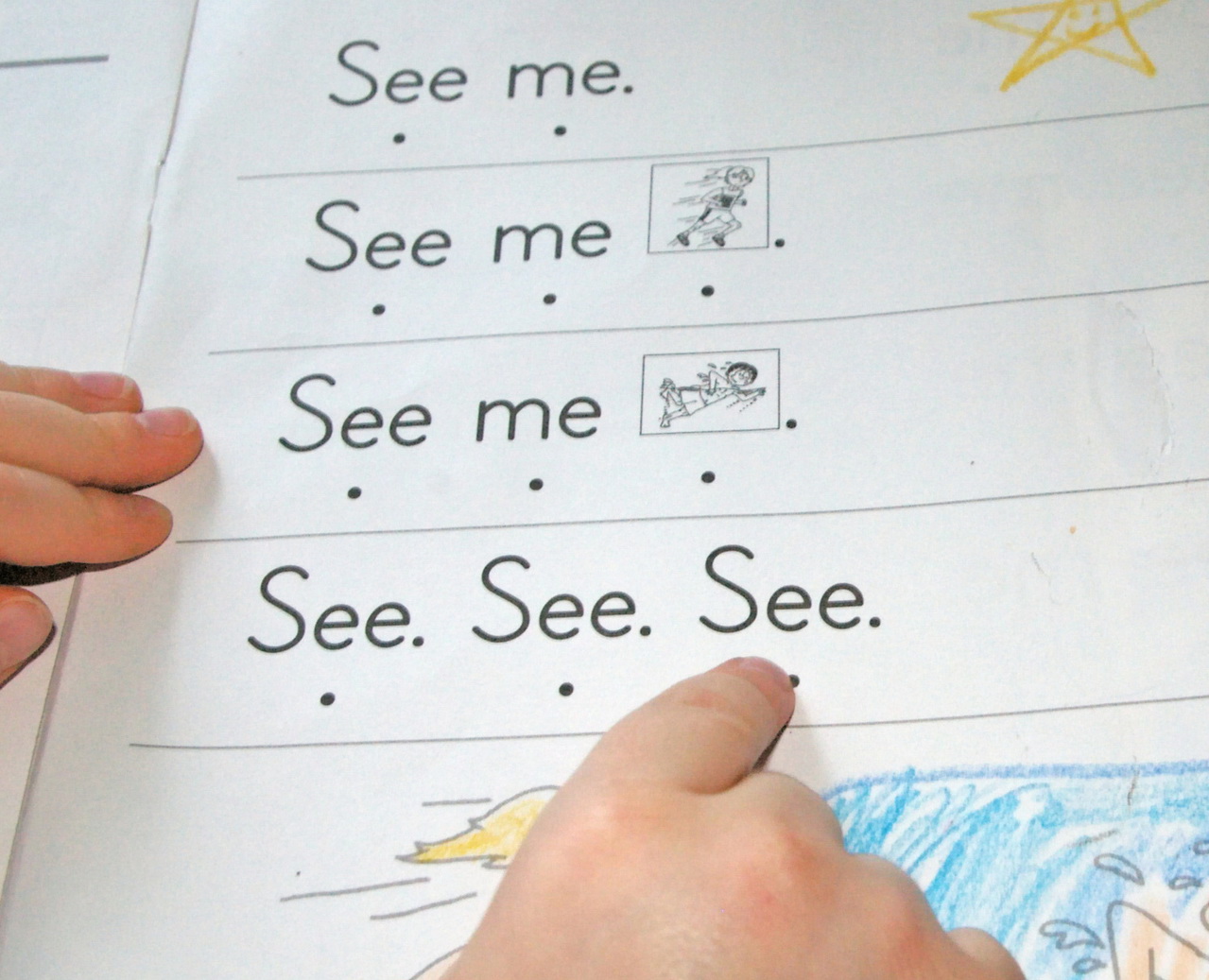Many European countries are facing the problems of lacking experience, quality materials and budget for teaching local language to asylum seekers.
While Greece lacks enough budget to support language learning programmes for refugees, in the Baltic States there is a lack of experience of teaching second-language to asylum seekers with Muslim background. Similarly in Slovenia there is a problem that special textbooks for adults do not exist and textbooks for children are used. Germany lacks sufficient number of second-language tutors, and in the meantime in Poland only a couple of NGOs are offering language courses to refugees.
It is essential for refugees to learn local language for various reasons including that most of the documents that are sent to them by the authorities are in the local language and thus are an obstacle for social inclusion. With no local language skills refugees struggle to integrate, can feel socially isolated and face difficulties finding employment.
Nevertheless, teaching local language to refugees raises several difficulties. First, many of them lack prior basic education, thus they require more intensive, targeted interventions and support, as well as motivation in a moment when education does not seem as priority in their lives. Second, refugees form a diverse group – they come from different socio-cultural backgrounds that have different educational approaches, not to mention different alphabets, phonologies and scripts. That causes potential difficulties both for teachers and refugees involved in the learning process. Third, many refugees suffer from traumatic circumstances of migration and discrimination in their everyday lives, thus making educational classes more difficult for them compared to local minorities who usually attend these language learning classes. Therefore, teachers have to serve as social workers by helping refugees to easily adapt to new environments.
Especially in Eastern Europe learning materials are mainly prepared for minorities, not for asylum seekers from non-European cultures. Many of the topics are completely out of touch with the reality of the refugees’ everyday life and lack specific knowledge that asylum seekers need to use such as words “the form”, “the application”, “the administrative office”, “the public authority”, “the social benefit”, “the unemployment office”. Thus, materials should include practical tips on how to fill in a form when applying for a bank account, how to apply for jobs or residence/work permit or search for accommodation. Besides, picking out local events on which to base lesson plans means everyone is personally familiar with the subject matter, leading to a communal sense of belonging and integration into local society. Materials could also include, for example, movies in local language with subtitles in their language or going to the market to expand their vocabulary.
All of this means that language learning programmes carry much more difficulties than it seems, and are large and complex investments. In 2016, the EU has designated a lump sum of only 4 billion euros to address the refugee crisis; in the meantime Germany plans to spend four times more – about 16.5 billion euros on accommodation, food, education and care for the asylum seekers. The EU has lacked a coherent approach to budget issues, leaving the burden of education but especially language learning on the shoulders of EU member states, even though some of them still face the impact of the economic crisis.
Furthermore, the European Commission has made it clear – if an EU member state has valid reasons why it cannot help out with refugee relocation, an alternative for the member state would be a ‘withdrawal payment’ to the EU budget – 0.002% of the member state’s budget, therefore especially Eastern European countries are trapped into financial lose-lose situation of either hosting or refusing asylum seekers.
Hence the EU should address the issue of language learning programmes and increase the budget dedicated to refugee crisis, as well as provide help to national authorities in developing learning materials for refugees – especially in Eastern European countries that still face the burden of financial crisis, low GDP, high unemployment rate and low social benefits.














Leave a Comment
Your email address will not be published. Required fields are marked with *